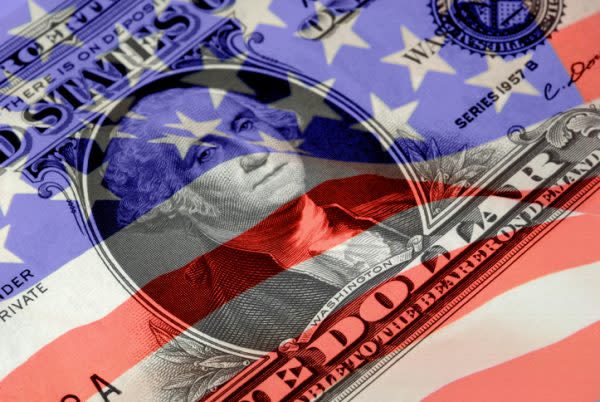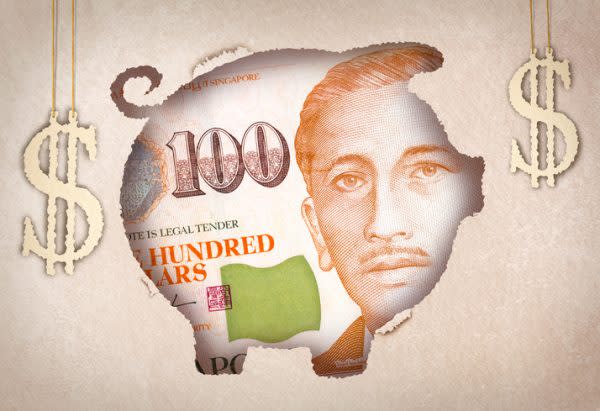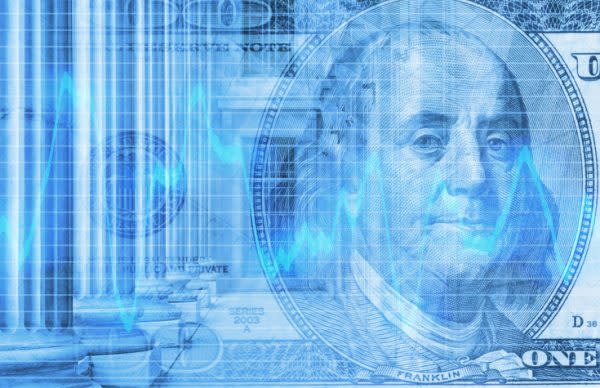How the rise in US bond yields will affect Singapore

When news of Donald Trump’s election victory hit the markets, US Treasury yields registered a sharp jump. Just two days after the American electorate’s decision, 10-year yields, which were at 1.8% not too long ago, spiked by 0.3%, while 30-year bonds recorded a yield greater than the psychological barrier of 3%.
Why should bond yields move up with a Trump presidency and what are the possible fallouts of this development?
Trump wants to rejuvenate the US economy

Source: Thinkstock/Getty Images
Many of President-elect Donald Trump’s election promises centred on boosting US economic growth rates. According to press reports, the measures that he intends to take include reducing personal tax, cutting down corporate tax rates from 35% to 15% and spending a massive US $1 trillion to rebuild the country’s infrastructure.
With a lowering of the tax rate and an increase in government spending, there will be a need for finding new sources of finance. American companies currently hold about US $2.6 trillion offshore, taking advantage of a loophole that exempts profits held overseas from American taxes.
The Trump administration may propose a one-time repatriation tax of 10%, generating substantial revenues for the government.
But despite this, the new spending proposals will put a tremendous strain on the country’s resources. In anticipation of the requirement for funds by the government, the market has pushed up bond yields.
Expect America’s debt burden to rise
A report by the Committee for a Responsible Federal Budget, a nonpartisan organization, states that a Trump presidency would lead to a US $5.3 trillion increase in government debt. Consequently, debt would rise to 105% of GDP from the current level of 75%.

Source: Committee for a Responsible Federal Budget
Asset managers are advising their clients to reallocate funds away from bonds and fixed income securities.
Massimiliano Castelli of UBS Asset Management says, “The bond bull run, which has lasted for more than two decades will have to come to an end at one point, but the victory of Trump probably brings this on earlier than previously thought.”
Impact on Singapore’s real estate market

Source: Thinkstock/Getty Images
Rising bond yields in the US are bound to have a ripple effect on the global economy. Higher interest rates in the US will quickly affect the Swap Offer Rate (SOR) in Singapore.
SOR is an interbank rate used by Singapore’s financial institutions. It is similar to the Singapore Interbank Offer Rate (SIBOR) but is linked to the dollar.
Both SOR and SIBOR generally move in the same direction. As these rates rise, it is likely that mortgage rates will become more expensive. The demand for new properties could be adversely affected by this.
An upward movement in SOR and SIBOR would also affect existing real estate loans. Many property buyers have taken advantage of the low borrowing costs that are available on variable-interest loans. Their rates are linked either to SOR or SIBOR.
Generally, commercial property loans are tied to SOR while home loans are connected to SIBOR. A rise in both these will see monthly instalments going up, leaving lower surpluses with both households and businesses.
Higher interest rates could impact other areas of Singapore’s economy

Source: Thinkstock/Getty Images
A rise in borrowing costs could affect businesses across a range of sectors. Companies in Singapore which are connected to the oil and gas sectors are already facing difficult conditions because of the fall in energy prices.
An increase in interest costs could spell more trouble for them. Other businesses would also feel the pinch as borrowing costs rise.
It is highly probable that the escalation in US bond yields will be accompanied by an increase in the US Fed rate. Analysts expect Fed chair Janet Yellen to announce a hike in short-term rates at the Federal Open Market Committee meeting scheduled for December 13-14.
This move is likely to impact interest rates in Singapore as well.
Higher US bond yields surprised the market

Source: Thinkstock/Getty Images
Most analysts did not anticipate a Trump victory or the effect that it would have on the bond market. A recent Bloomberg report says that of the 65 experts that the financial information company surveyed, not even one anticipated that US 10-year bond yields would exceed 2% by the end of 2016. But yields are currently hovering around 2.3%.
The US $13.8 trillion Treasury market has been a favourite of foreign investors. But if the American government announces a greatly increased spending plan, foreign investors could start withdrawing support.
The impact of rising US bond yields on Singapore’s economy could be negative with interest rates in the city-state also moving northwards. But it is too soon to say with any degree of certainty how a rise in bond yields will play out in Singapore.
(By Ravinder Kapur)
Related Articles
- Why Singapore savings bonds should be a part of your portfolio
- Singapore residential market: Is it worth investing at the moment?
- US dollar likely still king in 2016

 Yahoo Finance
Yahoo Finance 
